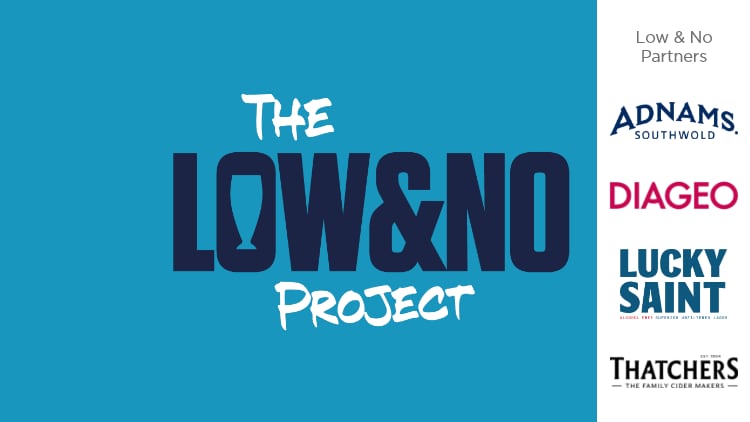The number of vacancies fell by 19.3% between March to May 2025 and the same period in 2024 – or the equivalent of 19,000 jobs. There was also a continuing fall of over the quarter with a -4.2% fall or around 3,000 jobs.
However, UKHospitality (UKH) has raised further concern about the wider job losses revealed in the Labour Market Overview, which showed a drop in 109,000 pay-rolled employees in all industries across the UK in May 2025 - compared to the month before.
The trade association said these job losses exceeded predictions. The Office of Budget Responsibility originally said changes to employer NICs would cost 50,000 jobs, before revising its prediction to say the impact would be higher. Deutsche Bank predicted it would cost 100,000 jobs.
Urgent review
UKH added the damaging and worse-than-expected impact of the NICs changes on employment would be felt most intensely by foundational sectors like hospitality and called for an urgent review and reversal of the increases.
Chief executive Kate Nicholls said: “Losing more than 100,000 jobs across the economy in a month goes far beyond the worst-case scenario predicted by the Government’s own fiscal watchdog, major banks, and countless business groups.
“We were clear at the time that the changes to NICs were a tax on jobs, and so it is sadly proving.”
Nicholls added sectors such as hospitality are needed to create jobs in every part of the UK and for people of all ages, education and background. But she also highlighted that hospitality and those working part-time are among the hardest hit by the tax increases.
“These shocking figures should make it abundantly clear to the Government that the changes to employer NICs are inflicting more harm than good, and they should be reviewed and reversed urgently,” she continued.
Falling vacancies
The ONS data also found the falling picture of vacancies was reflected across the economy. The estimated number of vacancies fell by 63,000, or 7.9%, on the quarter, to 736,000 in March to May 2025 - the 35th consecutive quarterly decline.
Total estimated vacancies were down by 150,000, or 16.9%, in March to May 2025 from the level of a year ago, and 59,000 (7.4%) below their pre-coronavirus (COVID-19) January to March 2020 level.
Feedback from the ONS Vacancy Survey suggested some firms may not be recruiting new workers or replacing workers who have left.
Funding specialists Aurora Capital managing director George Holmes, added: “These figures are a red flag for small businesses across the UK. When companies start holding back on recruitment, it points to broader uncertainty and rising pressures on costs.
“With increased National Insurance Contributions and higher minimum wages now biting, SMEs in particular are feeling the squeeze, forced to choose between hiring and other investments.”
More recently, ONS data analysis found the accommodation and food service sector was the worst for pay.




